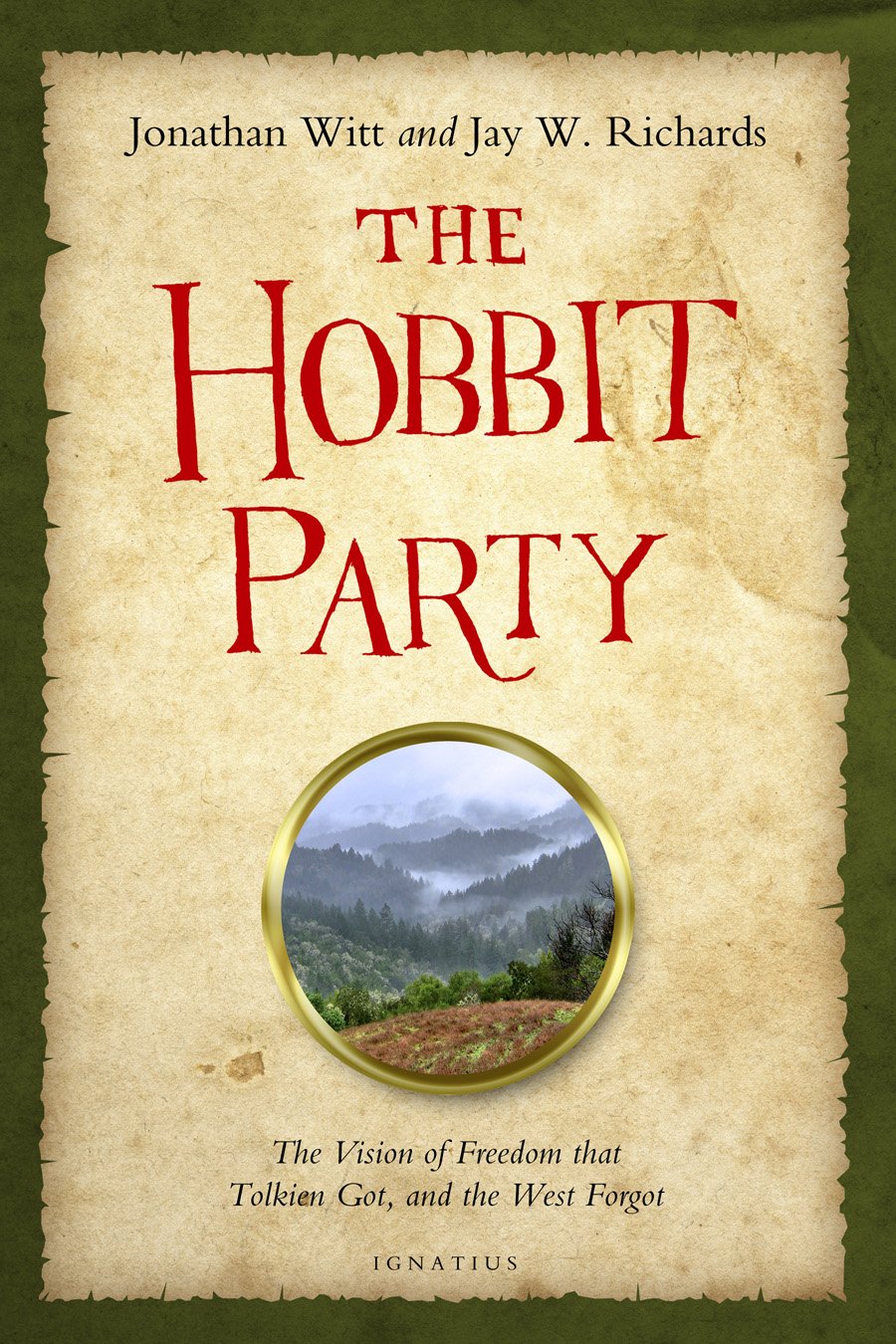
About the Book:
Anyone who has read The Hobbit and The Lord of the Rings can gather that their author hated tyranny, but few know that the novelist who once described himself as a hobbit “in all but size” was—even by hobbit standards—a zealous proponent of economic freedom and small government. There is a growing concern among many that the West is sliding into political, economic, and moral bankruptcy. In his beloved novels of Middle-Earth, J.R.R. Tolkien has drawn us a map to freedom.
Scholar Joseph Pearce, who himself has written articles and chapters on the political significance of Tolkien’s work, testified in his book Literary Giants, Literary Catholics, “If much has been written on the religious significance of The Lord of the Rings, less has been written on its political significance—and the little that has been written is often erroneous in its conclusions and ignorant of Tolkien’s intentions…. Much more work is needed in this area, not least because Tolkien stated, implicitly at least, that the political significance of the work was second only to the religious in its importance.”
Several books ably explore how Tolkien’s Catholic faith informed his fiction. None until now have centered on how his passion for liberty and limited government also shaped his work, or how this passion grew directly from his theological vision of man and creation. The Hobbit Party fills this void.
The few existing pieces that do focus on the subject are mostly written by scholars with little or no formal training in literary analysis, and even less training in political economy. Witt and Richards bring to The Hobbit Party a combined expertise in literary studies, political theory, economics, philosophy, and theology.
My Comments:
This one isn't long, but doesn't, at least on first glance, look like an easy read. It has copious end notes and the language used, while not overly complex isn't a friendly "have a cup of tea and chat with me" style either. I have a feeling that the book will make more sense to those who not only remember reading Tolkien's works, but actually remember what they said, and I'm afraid that while I do recall reading them in high school (of my own free will, the books were passed around my class, many of us read them) I don't remember much about them.
No comments:
Post a Comment